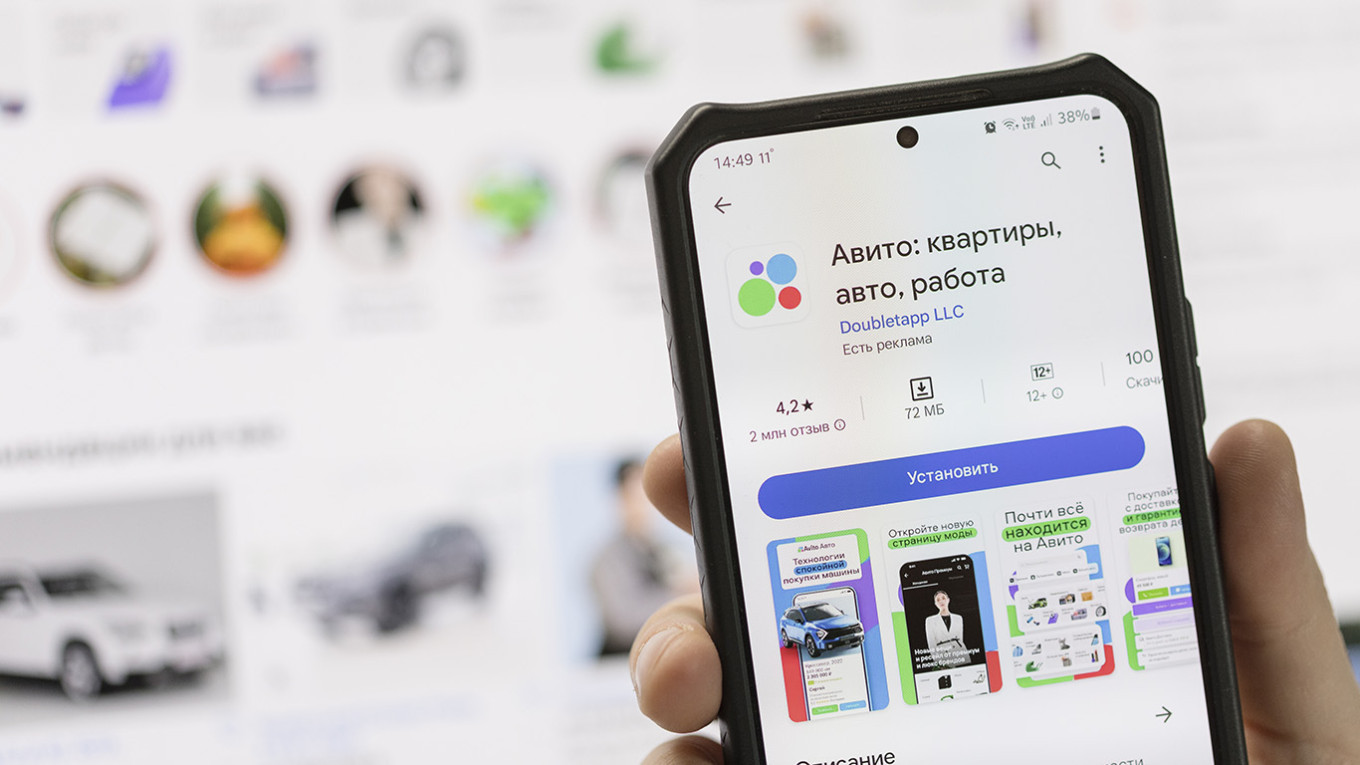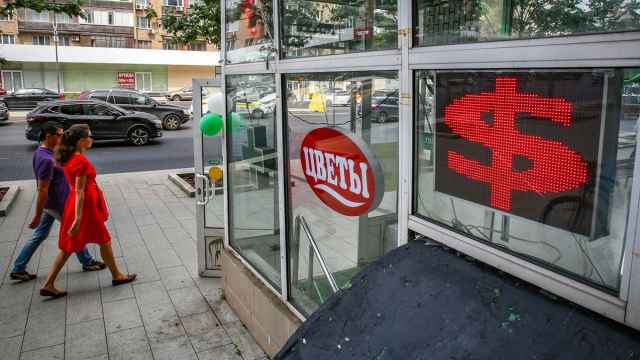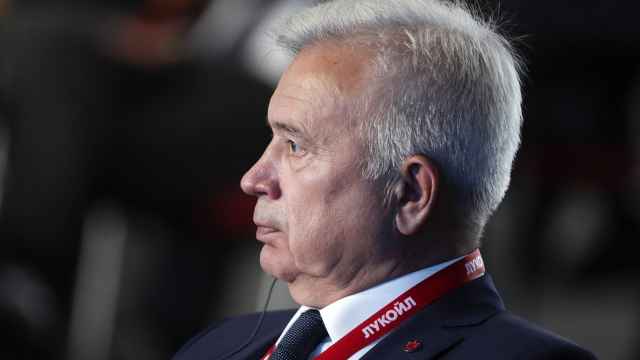Russia’s state-owned agricultural bank Rosselkhozbank has acquired a 50% stake in Avito, the country’s largest classifieds platform.
The move is part of a broader wave of strategic e-commerce acquisitions that has seen Russia’s digital economy increasingly come under state control.
According to the RBC news website, the stake was purchased from Kismet Capital Group, the investment firm controlled by businessman Ivan Tavrin, who acquired Avito in 2022 from South Africa's Naspers.
Tavrin confirmed the sale during a meeting with Avito employees, although the financial terms were not disclosed, The Bell reported.
A source close to the transaction told RBC that the deal is “commercial” and incorporates elements of credit provided by Rosselkhozbank during Tavrin’s initial purchase of the company.
While Rosselkhozbank is now a co-owner, the bank reportedly does not plan to interfere in Avito’s management or make changes to its board of directors, according to RBC.
The acquisition is also seen as a potential stepping stone toward an initial public offering (IPO), possibly in a jurisdiction less impacted by international sanctions.
Kremlin takeovers
This deal is part of a broader trend in which the Kremlin and state-aligned businessmen are taking over major online assets. The main vehicle driving this consolidation has been VK, Russia’s version of Facebook. Since Western sanctions rocked Russia’s economy in 2022, VK has been aggressively acquiring digital assets — but at such a rapid pace that it’s now facing financial difficulties and may require a government bailout, bne IntelliNews reported.
Yandex, Russia’s answer to Google, has also been taken over by a consortium of billionaires after founder Arkady Volozh openly criticized the “barbaric” war in Ukraine — one of the few top Russian businessmen to do so — and was forced to sell his stake in the Russian part of the business.
Wildberries, Russia’s largest e-commerce platform owned by the country’s richest woman, Tatiana Kim, underwent a chaotic ownership change last year that saw a dramatic shootout outside Wildberries’ Moscow office and a very public marital breakdown. In a bizarre twist, Kim’s ex-husband sought help from Chechen leader Ramzan Kadyrov, who said he would “fix” the situation.
The reshuffling also involved billionaire and Duma deputy Suleiman Kerimov of Polyus Gold as well as veteran technocrat Igor Shuvalov, who is one of Putin’s right-hand men and now runs the quasi-state-owned development bank VEB.
And it has recently emerged that a 27.7% stake in Russian second-largest e-commerce operator Ozon was sold in 2024 for 38.2 billion rubles ($437 million) — well below its market value — after the company recently disclosed its financial results for last year, according to RBC.
The Bell and anonymous sources cited by RBC claim that the buyer, a previously unknown entity named O23, is linked to Yuri Kovalchuk's Vostok Investments. The deal was reportedly overseen by First Deputy Chief of Staff and former Prime Minister Sergei Kiriyenko.
In April 2024, bne IntelliNews reported that Kovalchuk's Vostok acquired a 28% stake in Ozon from Baring Vostok Capital Partners, founded by prominent fund manager Michael Calvey. The sale is said to be part of a broader effort to push foreign investors out of strategic Russian sectors like e-commerce.
The sale of Ozon's stake was reportedly a condition set by the authorities on Baring Vostok for its final exit deal involving 12 other major assets.
While the state fully controls Russia’s main TV broadcasters, unlike China, the Kremlin has until recently tolerated a relatively open internet, where Russians can find opposition publications and unfiltered news.
That changed after President Vladimir Putin launched a repressive crackdown on media and opposition NGOs in 2021 following the arrest of late opposition leader Alexei Navalny, who died in prison in February 2024.
Sanctions
Tavrin and his firm Kismet are currently under U.S. sanctions, which restrict entities owned 50% or more by sanctioned individuals from accessing American financial systems, The Bell reported.
Rosselkhozbank, however, remains one of the few major Russian banks not under full U.S. or EU blocking sanctions. This is largely due to its importance in supporting agricultural exports. In fact, during recent ceasefire negotiations over the war in Ukraine, Putin demanded that remaining sanctions on Rosselkhozbank be lifted as a condition of a new Black Sea grain deal signed on March 25.
Tavrin initially acquired Avito for 151 billion rubles ($2.4 billion), a valuation representing more than half the company’s estimated pre-war worth. His bid won out over expected contenders, including the VK Group and billionaire Vladimir Potanin, who is reportedly part of the consortium that has taken over Yandex’s Russian assets. At the time, Tavrin had not been sanctioned and agreed not to resell the asset for at least two years.
Despite earlier assurances that he would not sell Avito, Tavrin told employees this week that he feels “fully responsible for preserving the spirit and culture of the company” and intends to remain involved “for life.” He also confirmed that the shareholders are “interested in creating long-term shareholder value” and considering entry into public capital markets.
Avito reported revenue of 101 billion rubles ($1.6 billion) and net profit of 39 billion rubles ($620 million) in 2023, according to RBC, placing it among the most profitable tech companies in Russia.
In Forbes Russia’s 2024 ranking of the most valuable RuNet firms, Avito held fourth place with a valuation of $4.6 billion. The top three — Yandex, Ozon and Wildberries — have all seen ownership shift toward state-aligned investors or Kremlin-linked individuals.
The trend has sparked concerns over increased state influence across Russia’s digital economy.
This is an adapted version of an article that first appeared in bne IntelliNews.
A Message from The Moscow Times:
Dear readers,
We are facing unprecedented challenges. Russia's Prosecutor General's Office has designated The Moscow Times as an "undesirable" organization, criminalizing our work and putting our staff at risk of prosecution. This follows our earlier unjust labeling as a "foreign agent."
These actions are direct attempts to silence independent journalism in Russia. The authorities claim our work "discredits the decisions of the Russian leadership." We see things differently: we strive to provide accurate, unbiased reporting on Russia.
We, the journalists of The Moscow Times, refuse to be silenced. But to continue our work, we need your help.
Your support, no matter how small, makes a world of difference. If you can, please support us monthly starting from just $2. It's quick to set up, and every contribution makes a significant impact.
By supporting The Moscow Times, you're defending open, independent journalism in the face of repression. Thank you for standing with us.
Remind me later.






